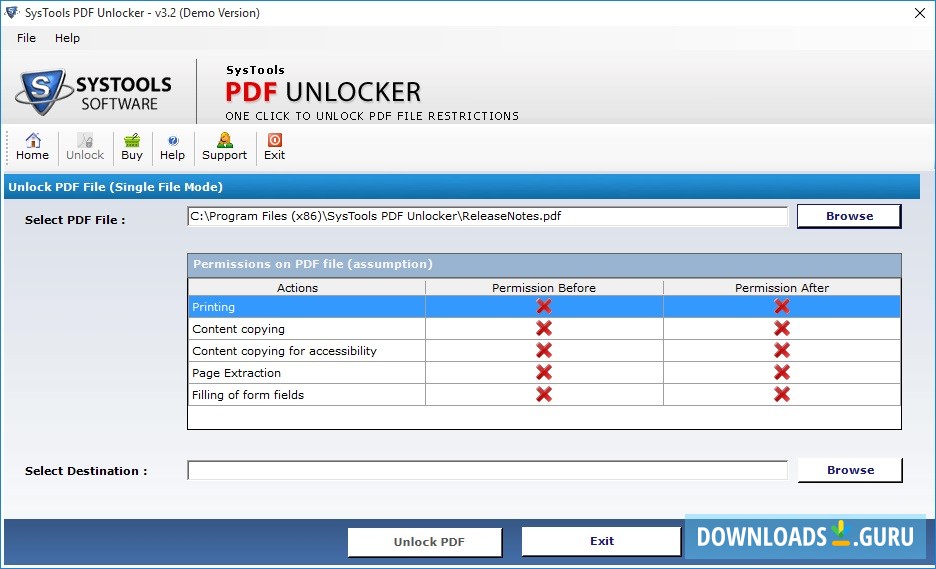

The purpose of this collection is to allow you to control the installation of files on client computers and servers through Group Policy or the Local Security Policy snap-in. These include executable files, scripts, Windows Installer files, dynamic-link libraries (DLLs), packaged apps (aka: Microsoft Store apps), and packaged app installers.
#INSTALL APPLOCKER WINDOWS 10 HOW TO#
This topic describes the file formats and available default rules for the Windows Installer rule collection.ĪppLocker defines Windows Installer rules to include only the following file formats: How to Use AppLocker to Allow or Block Script Files from Running in Windows 10 AppLocker helps you control which apps and files users can run. Learn more about the Windows Defender Application Control feature availability. Check Configured under Executable rules, and then click OK. Go to Security Settings > Application Control Policies > AppLocker, and select Configure rule enforcement. I dont really want to go down the AppLocker route. Run Local Security Policy (secpol.msc) as an administrator. AppLocker helps administrators control how users can access and use files, such as executable files, packaged apps, scripts, Windows Installer files, and DLLs. Although this gets most, things like slack are still able to be installed.


Currently I have 'Prohibit user Installs' and 'Turn off Windows Installer' set. Beginning with Windows 10 version 1903, Windows server 2022, WDAC supports up to 32 active policies on a device at once. Some capabilities of Windows Defender Application Control are only available on specific Windows versions. Looking to some tips on blocking user installed apps. The Folder or File path from which the app or file is launched (beginning with Windows 10 version 1903) The process that launched the app or binary Multiple Policies and Supplemental Policy.


 0 kommentar(er)
0 kommentar(er)
